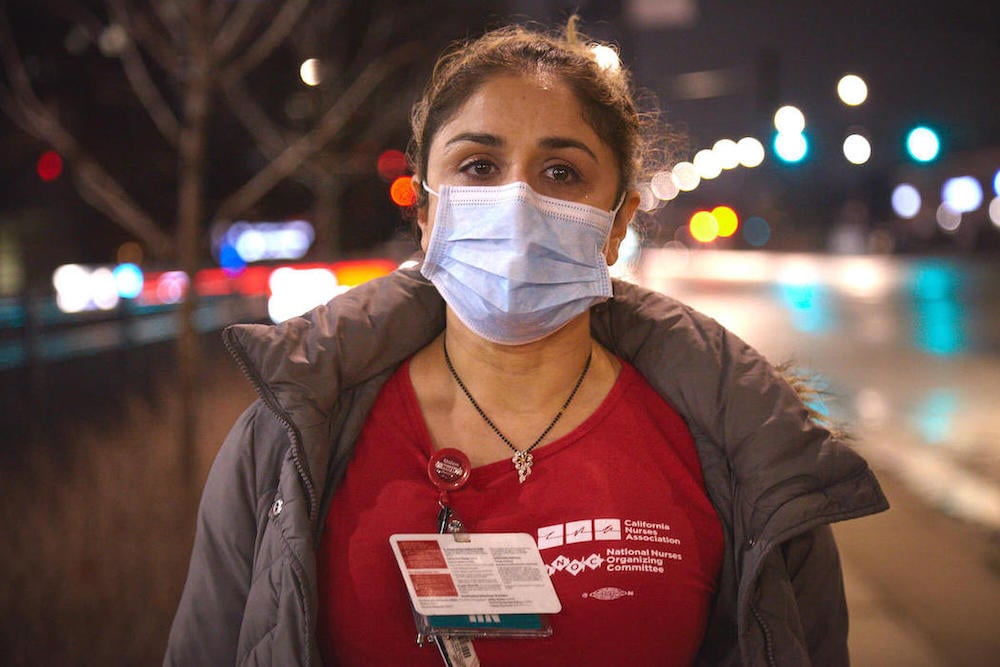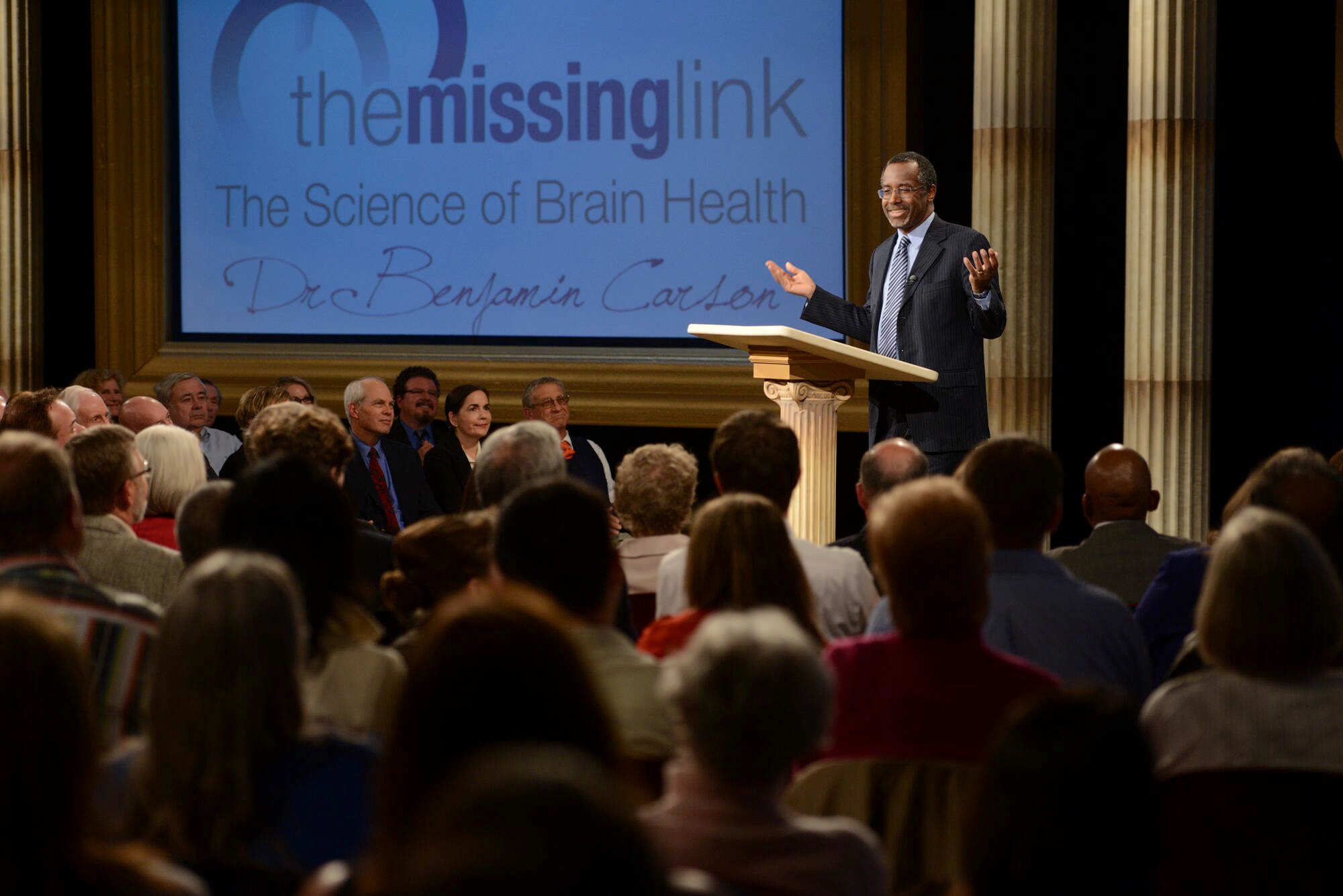Tag: Arizona PBS
Incoming leader of Arizona PBS accused of racism, homophobia by current and former students
Sonya Forte Duhé is scheduled to join Arizona PBS and become dean of the Cronkite School in July.Public TV’s daily news shows reinvent workflows on the fly
“People understand that things aren’t going to look as perfect, but what’s most important is the information,” said WNET President Neal Shapiro.Sonya Forte Duhé named Arizona PBS CEO
Duhé will replace outgoing CEO Christopher Callahan in July.TechCon features pubcasters sharing opportunities, challenges of ATSC 3.0 rollout
This year's TechCon presented the first real-world ATSC 3.0 experiences from several early adopters.Arizona’s Cronkite School will manage CPB’s editorial leadership training
The two-year project will train 100 editors to “strengthen their ability to lead public media’s growing newsrooms,” CPB said.Arizona PBS becomes first pubcaster to test ATSC 3.0
Engineers are examining signal performance, testing interactive functionalities and checking cable integration.With Knight grant, Cronkite School seeks to boost innovation in TV news
Journalists in both public and commercial TV will be able to workshop ideas with the journalism school's faculty and its TV station, ...INN names 15 INNovation Fund winners
INN awarded over $400,000 in the fourth round of its INNovation Fund.Ben Carson draws attention over talk of ‘glyconutrients’ in pledge program
It’s not often that a public television pledge program ends up in press coverage of a presidential campaign.Arizona PBS to become ‘teaching hospital’ for ASU’s Cronkite School
The university transfers station operations today from its public-affairs department to its J-school, opening up new possibilities for collaboration.Arizona PBS installing seven rural translators
Arizona PBS in Phoenix is bringing seven new digital translators online between June 24 and late September, extending its service to rural ...PubTV stations move to pitch sustainer gifts during pledge
“Sustainers,” as this increasingly commonplace breed of member is called, renew at higher rates than those responding to traditional pledge pitches.Arizona PBS’s Eight will promote the miniseries Latino Americans May 23
Two events at Arizona PBS’s Eight on May 23 will launch promotions tied to the three-part, six-hour documentary series Latino Americans, coming ...







